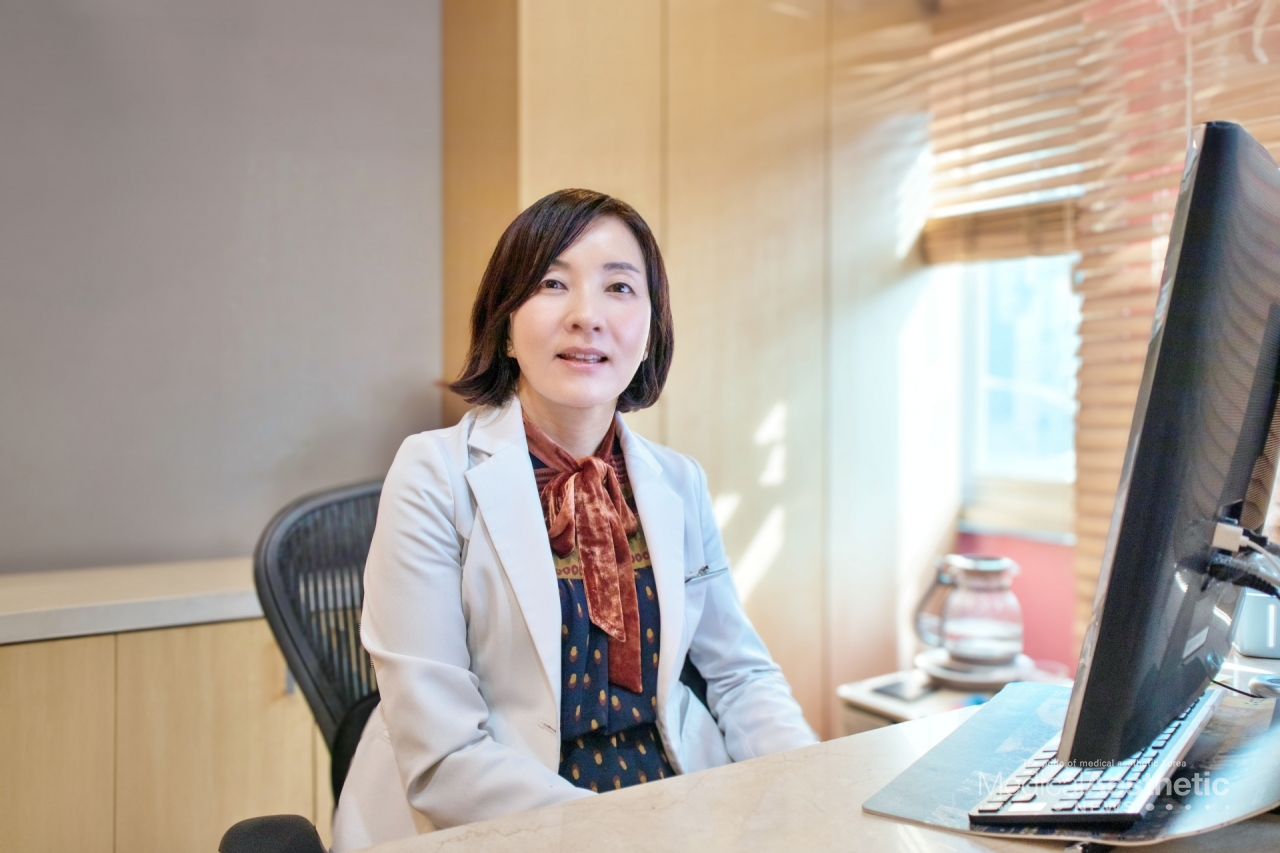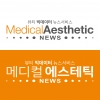A significant number of 'Body Dysmorphic Disorder' patients experience 'Plastic Surgery Addiction'
Adequate consultation with plastic surgery and psychiatry is necessary before surgery
In Korean society, appearance is another measuring stick for evaluating people. Consequently, it's not difficult to find people around, regardless of age or gender, attempting plastic surgery or severe diets to improve their appearance complexes. The issue arises when individuals decide on plastic surgery with misconceptions like 'people only judge me by my appearance' or 'if I undergo plastic surgery or lose weight, everything will be better.' Some visit plastic surgery clinics due to depression caused by their appearance, while others, despite having no problems in their appearance or daily life, still seek plastic surgery. Most of these individuals suffer from a mental disorder called 'Body Dysmorphic Disorder'.
Body Dysmorphic Disorder refers to a condition where individuals perceive serious flaws in their appearance despite there being either no actual flaws or minor ones. They might exaggerate small marks on their faces or perceive their noses as crooked even when there's no visible issue. Dr. Yoo Eun-jeong of Seocho Good Image Clinic mentioned, "There have been cases where individuals gave up studying abroad after feeling that their eyes were ruined following double eyelid surgery. Additionally, after nose surgery, it's common to observe cases where individuals believe that people are staring at their nostrils, often accompanied by social phobia or depression."
Many Body Dysmorphic Disorder patients, despite seeking plastic surgery or dermatological procedures to alter their appearance, actually don't have any real issues. Consequently, they don't find satisfaction through surgeries or treatments. Moreover, since they touch areas that didn't have any problems initially, their dissatisfaction with their appearance often increases after surgery or procedures, leading them to seek further corrective surgeries.
A significant number of Body Dysmorphic Disorder patients experience 'plastic surgery addiction.' Their fixation on appearance and surgeries can reach uncontrollable levels, hindering their ability to focus on work, making them self-conscious in public, avoiding gatherings, and disrupting their social functioning. Moreover, individuals falling into plastic surgery addiction often lack a solid sense of identity. They become overly conscious of others' perceptions due to an underdeveloped self-image, relying on comparisons to validate their appearance. They struggle to resist recurring desires for surgery due to dissatisfaction with their appearance.
Both Body Dysmorphic Disorder and plastic surgery addiction require psychiatric treatment. Dr. Yoo emphasized the necessity of serotonin medication therapy to alleviate depression, anxiety, and social phobia. In cases where individuals obsess delusionally over their appearance or perceive it strangely, antipsychotic medication is necessary. Furthermore, psychological counseling to fundamentally enhance self-esteem, referred to as mental surgery, should accompany these treatments.
"What should people considering plastic surgery keep in mind? Dr. Yoo stated, 'One must understand that plastic surgery is not magic. Surgery is about harmoniously adjusting parts of your body, not about becoming the perfect face you've dreamed of.' Additionally, she advised against rushing into surgery if one thinks that by receiving multiple quotes, one will look like someone else. She emphasized that the face is a harmonious composition of proportions and balance, and surgery to mimic a specific celebrity's nose or eyes won't necessarily make the overall face more beautiful.
Another way to avoid plastic surgery addiction is by finding a good doctor. Dr. Yoo mentioned that even if the doctor is well-known, rushing into surgery without adequate consultation could result in dissatisfaction with the surgical outcome, leading to a desire for further surgeries.

"Typically, when you fix one thing, you notice another, and once that's fixed, something else catches your eye. That's human psychology. Therefore, before undergoing plastic surgery, it's important to assess your mind. If you relate to three or more of the following points, you are particularly interested in plastic surgery. If it's five or more, it might not just be an interest but could be at a risky level. If it's seven or more, consider the possibility of plastic surgery addiction. Consulting with a plastic surgeon or a psychiatrist would be advisable if you find seven or more checkboxes applicable.
- Have had ten or more plastic surgeries to date.
- Placing importance on becoming more beautiful through plastic surgery over anything else.
- Feeling anxious without a planned plastic surgery procedure.
- Having an obsessive notion of wanting to look different.
- Being convinced that you'll significantly improve upon your current appearance through plastic surgery.
- Willing to incur debt for surgery if lacking funds.
- Being a member of ten or more plastic surgery-related communities.
- Spending over two hours daily seeking plastic surgery-related information.
- Frequently discussing plastic surgery with friends during meetups.
- Being willing to seek surgery elsewhere if rejected by one clinic.


